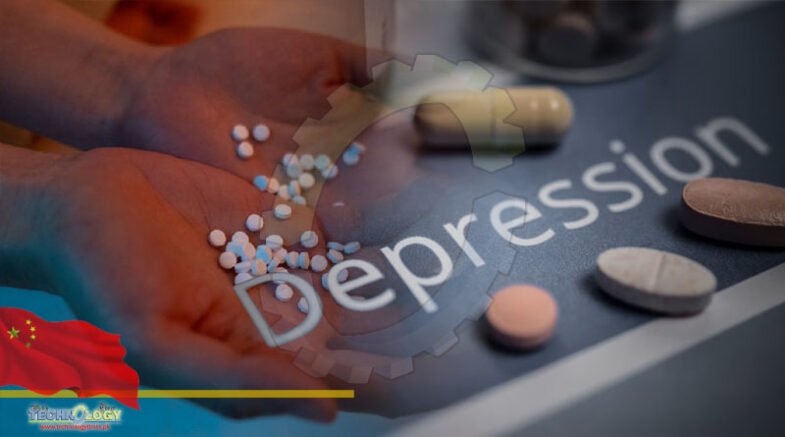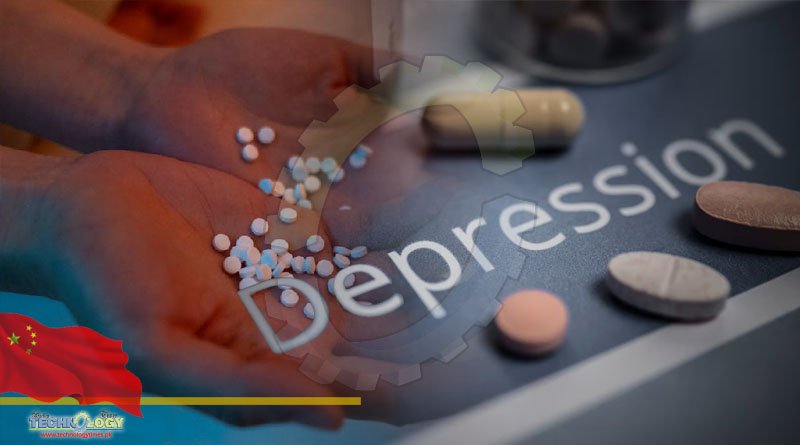Chinese researchers say a fast-acting drug for depression – based on a new approach to treating the mental disorder – has shown promise in a recent study.

Reporting their findings in the journal Science on October 27, the team from Nanjing Medical University said the antidepressant took effect in mice after just two hours and had potential as a treatment for depression in humans.
Depression is a common mental disorder that is estimated to affect 5 per cent of adults globally, according to the World Health Organization.
A hypothesis from the 1950s suggests that the symptoms of depression are caused by a deficiency in monoamines – the chemicals serotonin, dopamine and noradrenaline that act as neurotransmitters in the brain. treatment for depression, Most antidepressants in use work to increase monoamines to manage depression. Serotonin – specifically the SERT, or serotonin transporter – is now the primary target for treatment because of the side effects of earlier antidepressants. The drugs work by increasing the level of serotonin in the brain, but they also have limitations. It can take weeks for such treatments to start working, they are not effective for all patients, and can also have side effects, according to the Nanjing Medical University team.
“[The previous treatments] do not work immediately after being administered and in some cases they take effect in two to three weeks or even a month, which can be detrimental for patients who are severely depressed or have suicidal tendencies,” researcher Zhou Qigang, corresponding author of the study, told the official China Science Daily on November 3.
“Our aim is to … develop a fast-onset antidepressant that can solve the problems of the old treatments,” Zhou said.
For the study, the researchers tried a different approach – to dissociate SERT and an enzyme called neuronal nitric oxide synthase, or nNOS, to see what would happen in the brains of mice.
Source: SCMP
